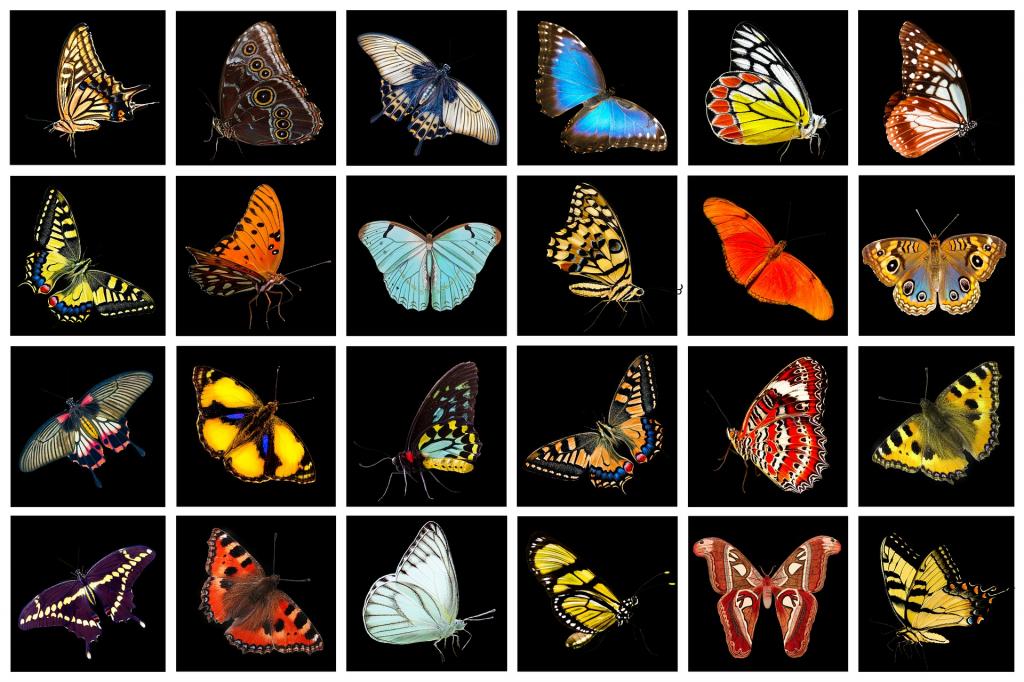This article is part of the series Governance, in Crisis.
Like the latest iteration of the “crisis of multilateralism” debates, the crisis brought on by the COVID-19 pandemic – and what is to come after it – seems to be splitting opinions.
Some analyses propose that the post-pandemic world order will be fundamentally different than today. For better or worse, COVID-19 is shaking the foundations of the current order. Optimists see an opportunity for substantively and procedurally renewed global cooperation. Others predict escalating geopolitical conflict, closing borders, and a surge in nationalism. As actors, both resurgent and declining, jockey for power and influence over global affairs, international institutions– like the World Health Organization (WHO) – will suffer the collateral damage. A fundamental shift in interests – especially of major powers – and the shirking of international norms suggest existing governance structures are in crisis, and something different is to come.
On the other hand, some commentators do not foresee fundamental changes to the current state of affairs. Joseph Nye, for instance, has predicted that not much will change geopolitically as a result of the crisis. Recent events are the latest stress test, and existing institutions should be resilient enough to weather them, making wholesale changes unlikely. Neither the pandemic nor Donald Trump might be as disruptive as first thought.
From an institutionalist perspective, these voices could be grouped into a rationalist and historicist camp, respectively. For rationalists, institutions are efficient solutions to collective problems. Actors’ behaviours are informed by strategic considerations and rules are followed based on utility calculations not a sense of obligation. Institutions change when in disequilibrium, usually caused by something external – like a crisis or altered actor preferences – that requires negotiating a new equilibrium.
From a historicist angle, institutions are viewed as locked-in paths. They endure over time – despite a possibly altered environment – and increasingly mediate actors’ preferences and behaviours. If an institution were to change, it is thought to be because of factors internal to the institution. Change is likely to be gradual and not stray too far off the existing path.
How would each perspective play out in practice? Let’s take the example of the Trump administration’s tendency to challenge existing multilateral institutions, having most recently turned its sights on the WHO as the pandemic unfolded.
Through a rationalist lens, these actions can be interpreted as a (still powerful) actor with altered preferences attempting to renegotiate the status quo. An extreme outcome might be setting up a new organization to replace the WHO. More realistic would be renegotiating entirely the WHO’s mandate or funding model.
Through a historicist lens, international institutions lock-in certain rules and privileges, from which actors like the US arguably still benefit. As a result, the current “crisis” will likely blow over. If change comes about, it is likely to be incremental, like adjusting standard operating procedures or realigning some programmatic activities.
It is too early to tell which take will prevail, but we can see a predisposition by rationalists to predict change and historicists to explain relative stability. Evolutionary institutionalism can provide a complementary perspective.
This is an excerpt. To read the full article, visit The Global.
Interested in contributing to our blog? Here is how.



